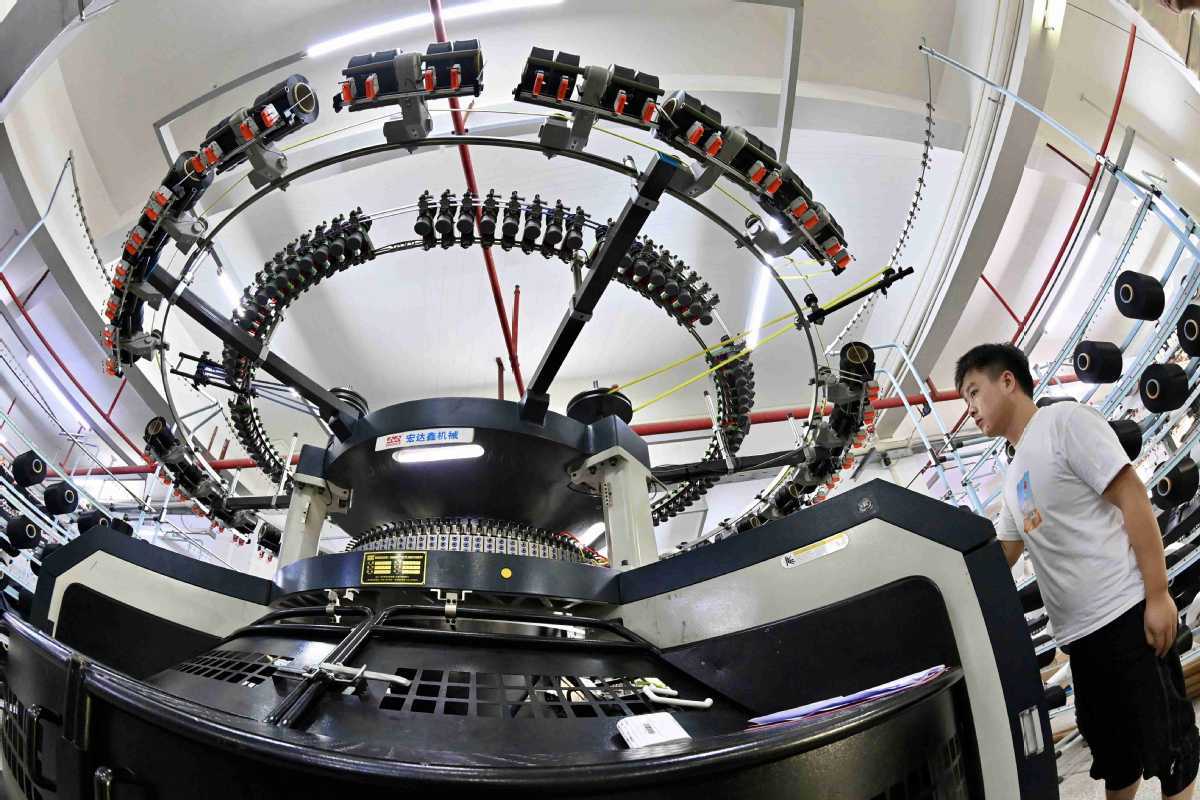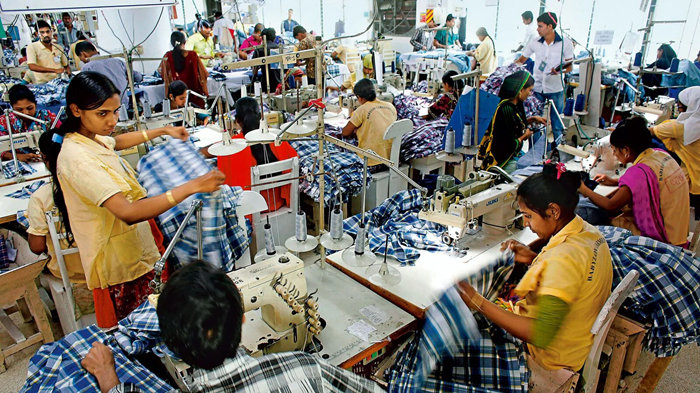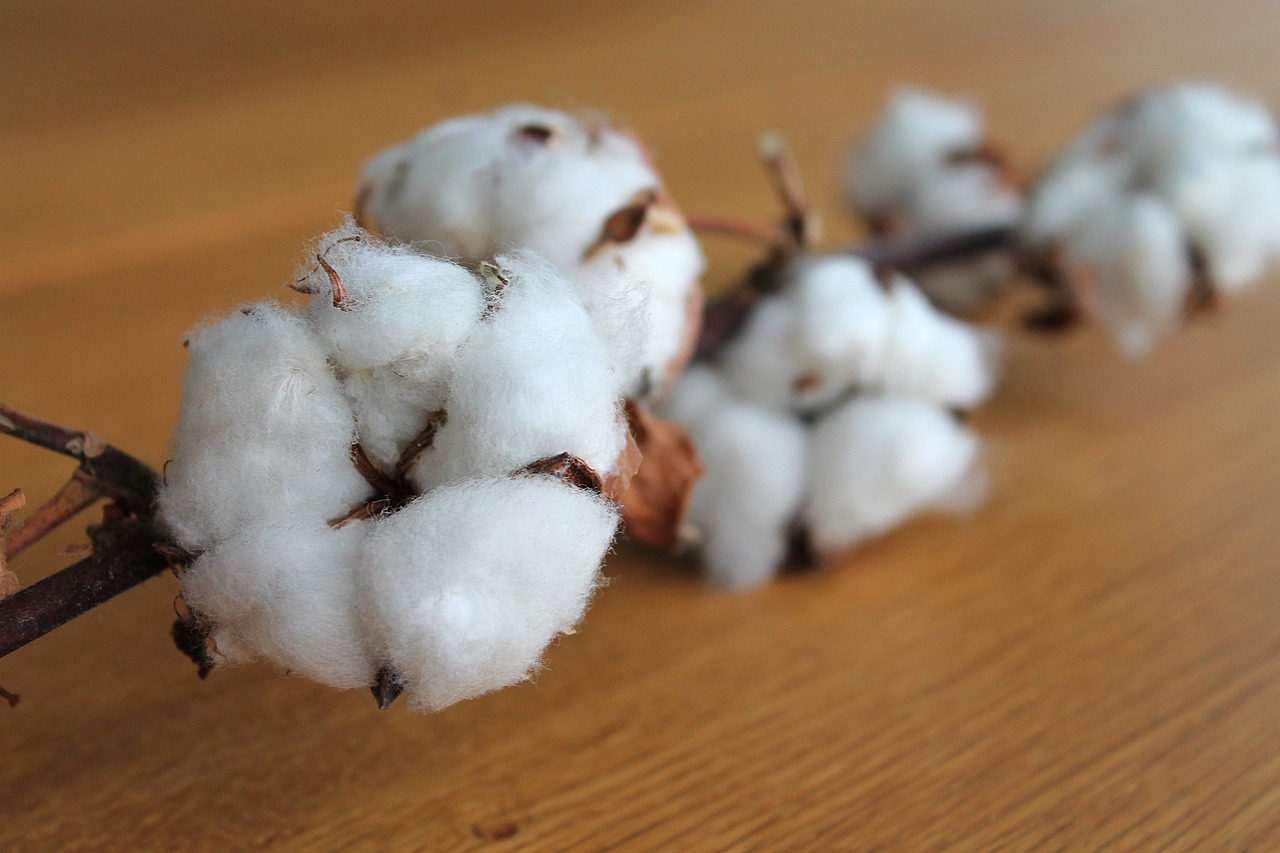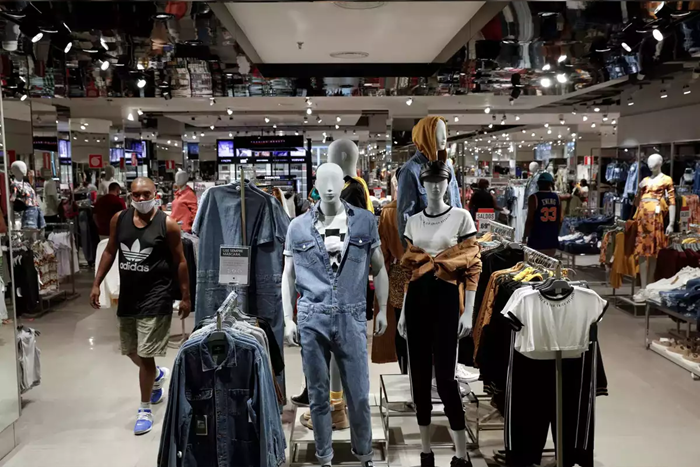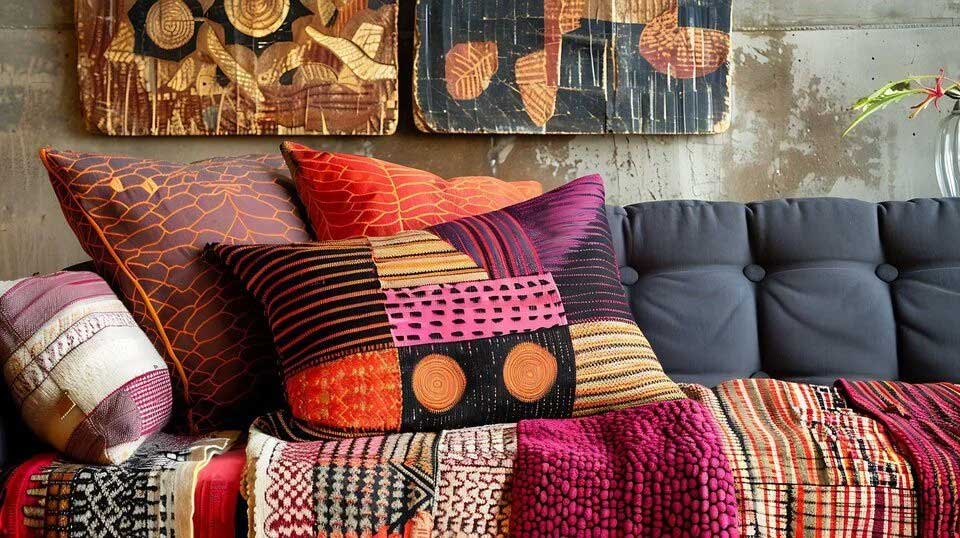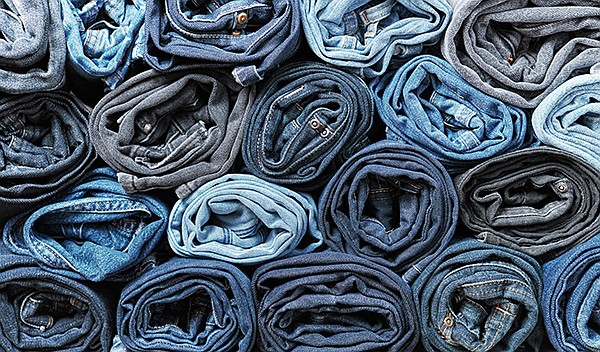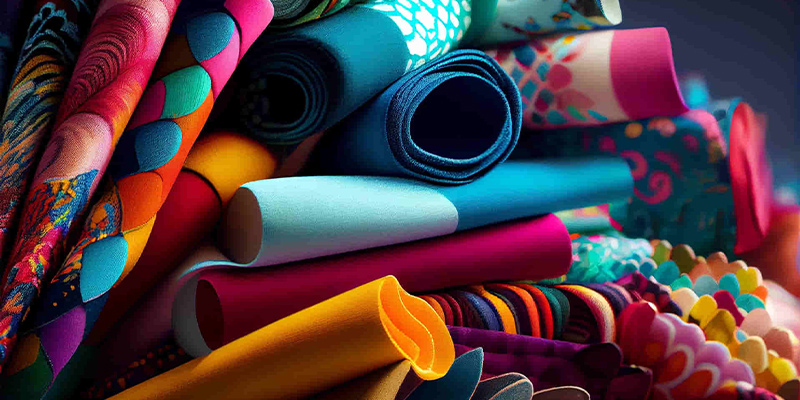India's textile industry is embracing a paradigm shift, seamlessly weaving technology and sustainability into its fabric. At the Surat International Textiles Exhibition (SITEX 2024), SP Verma, Additional Textile Commissioner of the Government of India, unveiled an impressive narrative. India annually produces high-tech textile machinery worth Rs 14,000 crore, with 35% being globally exported, aligning with Prime Minister Narendra Modi's vision to elevate India into a textile manufacturing powerhouse.
Verma underscored the pivotal role of young talent in this transformation, urging manufacturers to harness their dynamism for employment generation. Setting an ambitious target, he aimed to achieve Modi's dream of textile machinery self-sufficiency by 2030, urging innovation and collaboration with an environmental conscience.
Surat echoed this commitment by becoming India's first city to implement Environmental, Social, and Governance (ESG) norms in its textile cluster. Verma urged industrialists to embrace sustainability, aligning with the Ministry of Textiles' green initiatives. The announcement of the 'Bharat Tex' initiative further emphasized a dedicated platform for promoting sustainable practices.
Surjit Singh Mahajan, Chief Guest at SITEX 2024, praised Surat's textile revolution, emphasizing its global recognition and significant contribution to India's GDP. Ramesh Vaghasia, President of SGCCI, echoed the industry's commitment to sustainability, unveiling a partnership with the Global Net for Zero organization to guide South Gujarat industries towards achieving net zero emissions. The Indian textile narrative is evolving, seamlessly merging innovation, youth empowerment, and sustainability into its intricate design.

